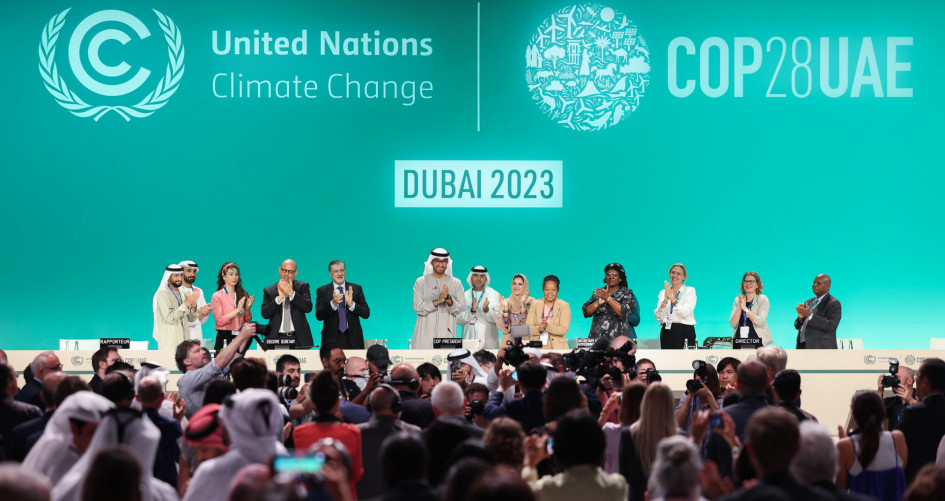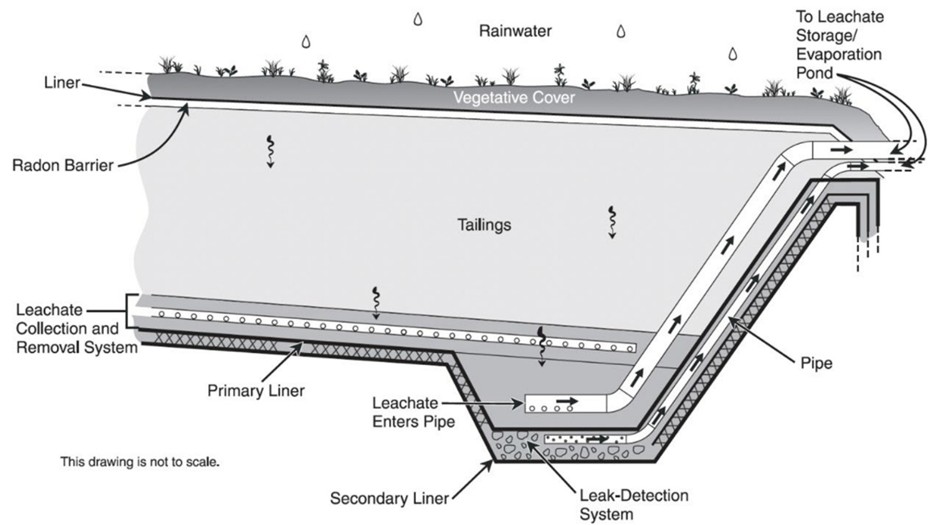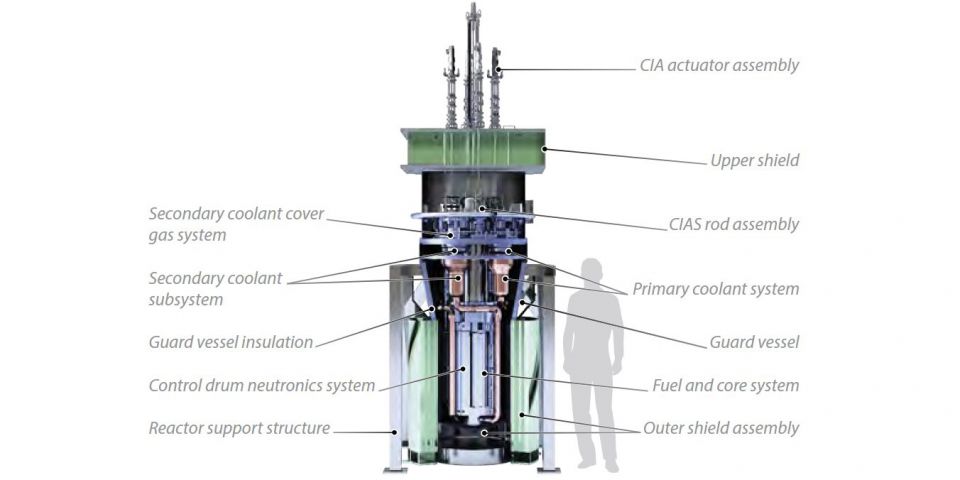After a historic COP28, it’s what happens next that matters

The United Nations' Climate Change Conference of Parties (COP28) in Dubai, United Arab Emirates, closed on December 13 after debate on a “global stocktake” pushed negotiations a full day past the scheduled end date. Though advocates hoping for a phaseout of fossil fuels were ultimately disappointed and must settle for “transitioning away,” another first—after 30 years of global climate conferences—is the inclusion of nuclear energy among the zero-emissions and low-emissions technologies that still could, if deployment is accelerated, support deep reductions in greenhouse gas emissions to limit global warming to 1.5°C.






